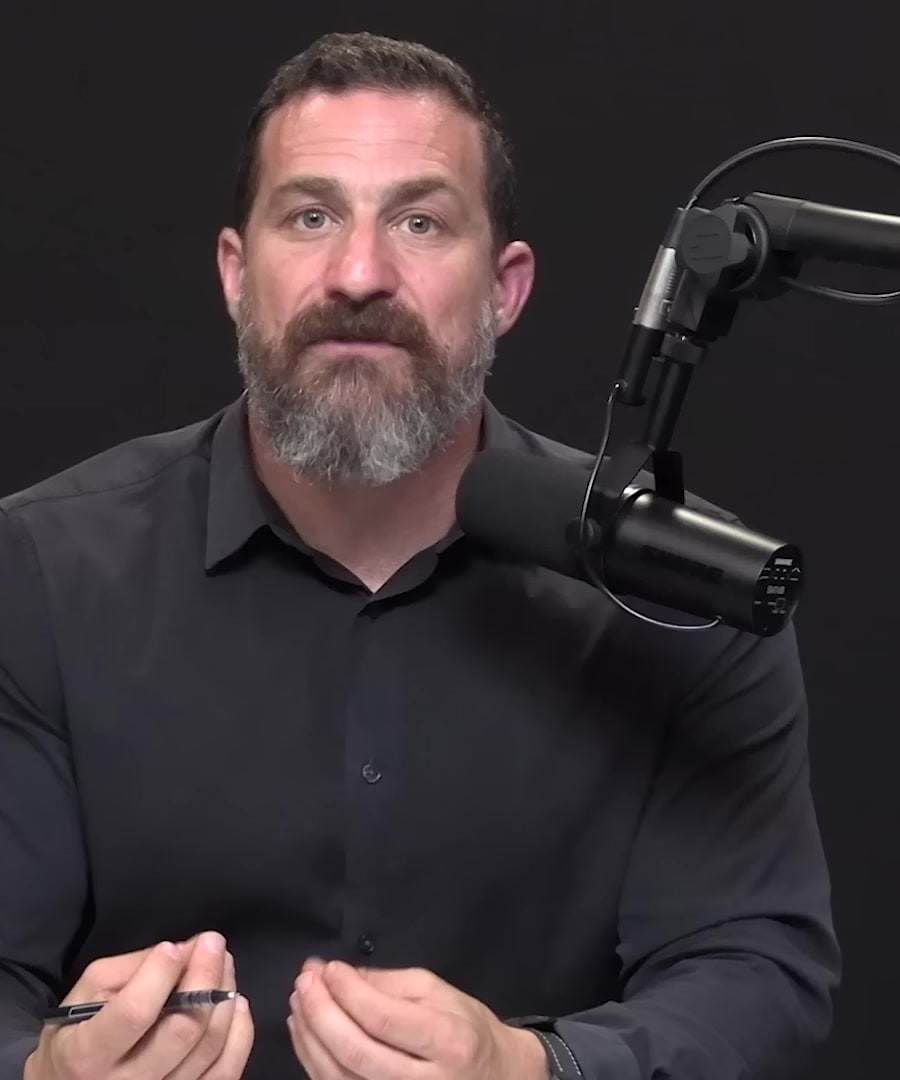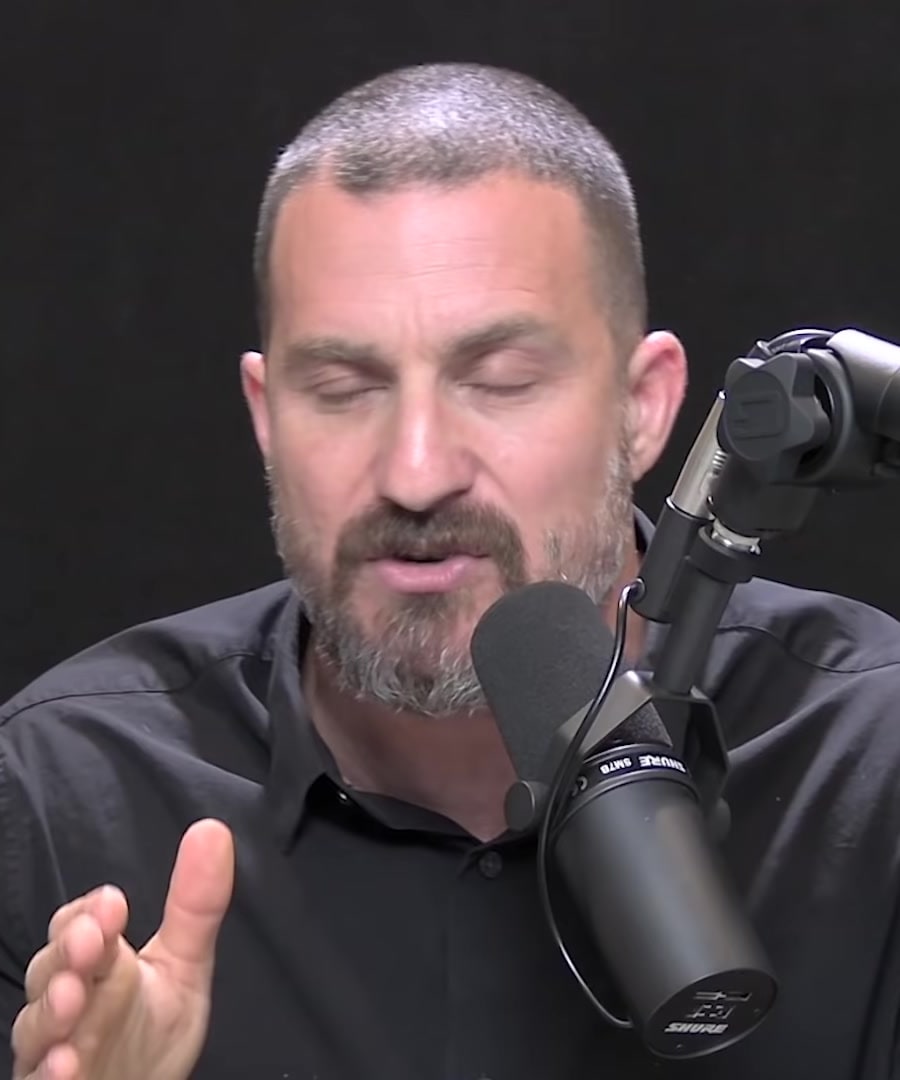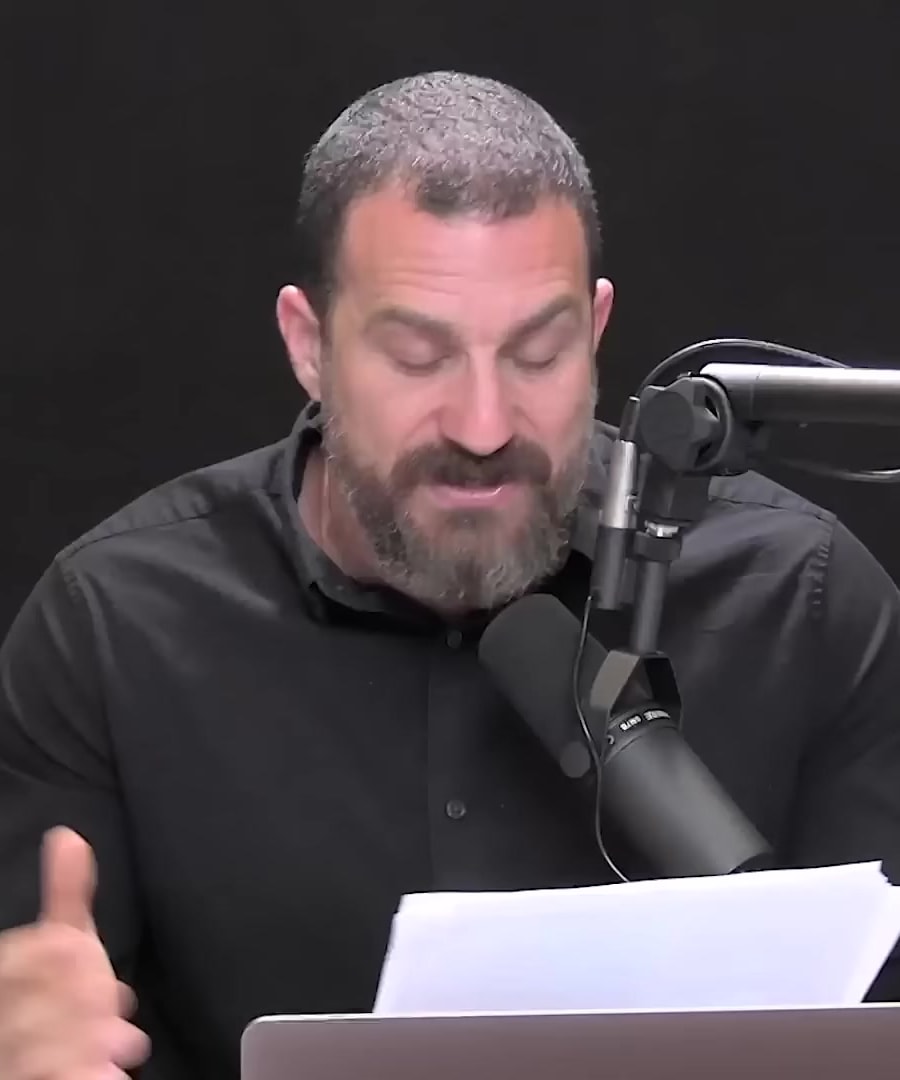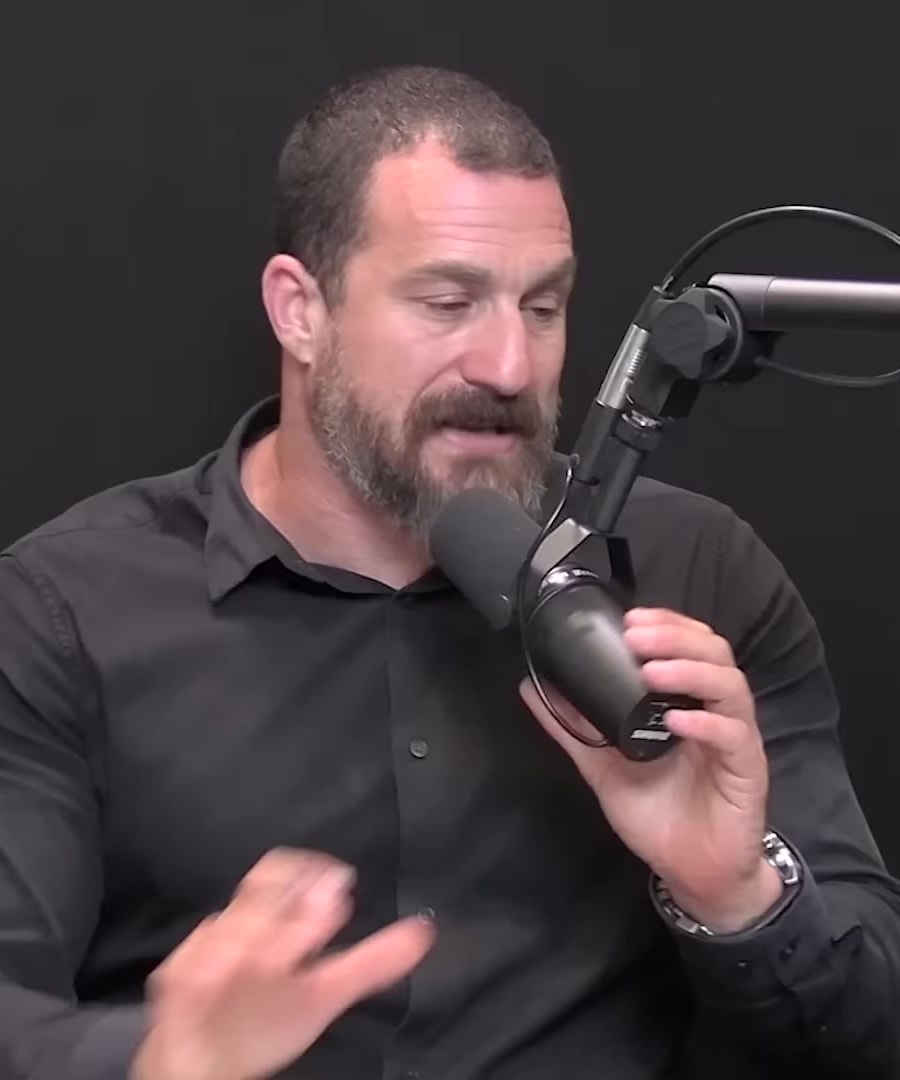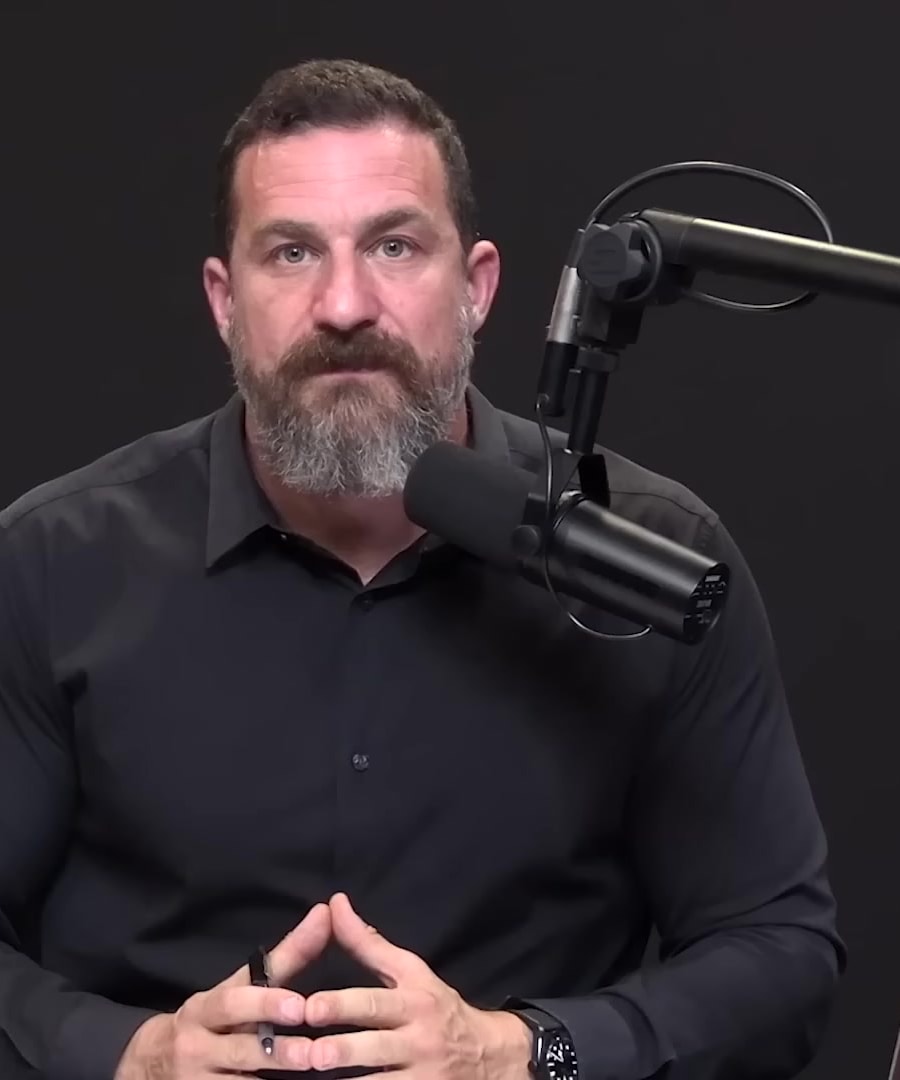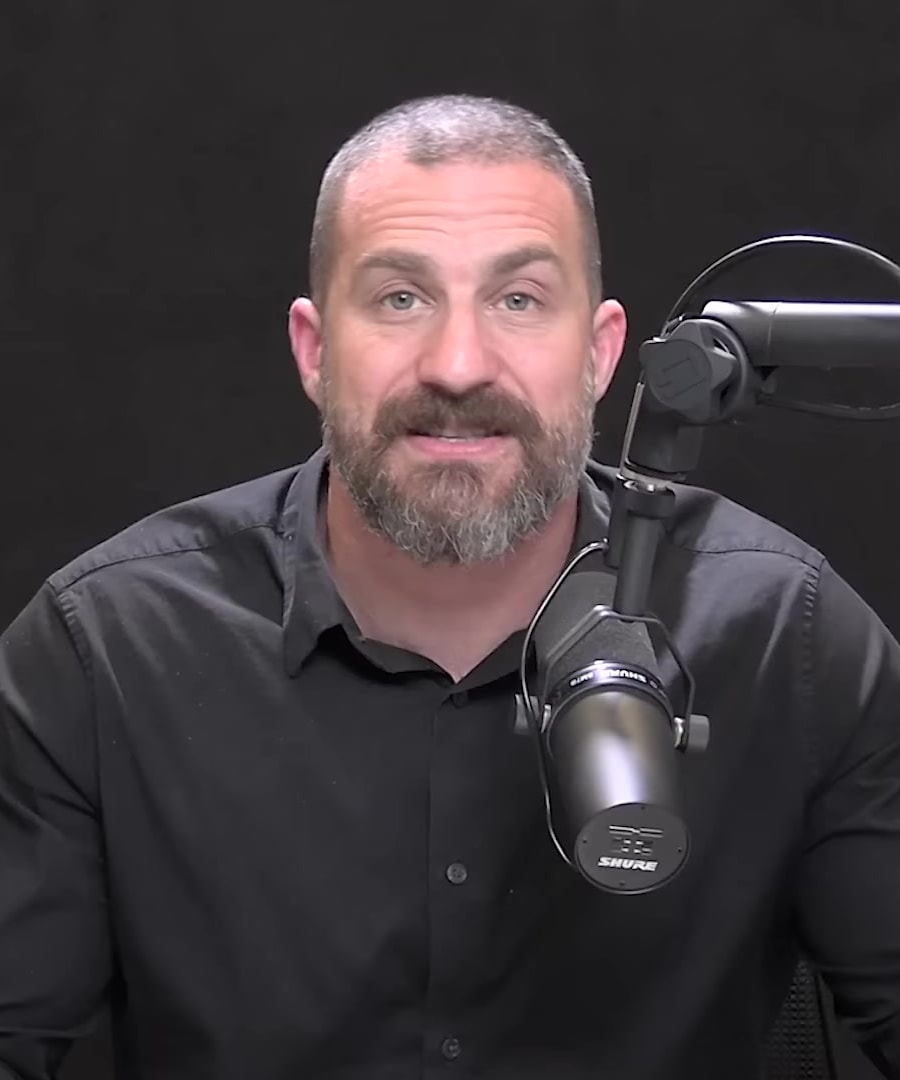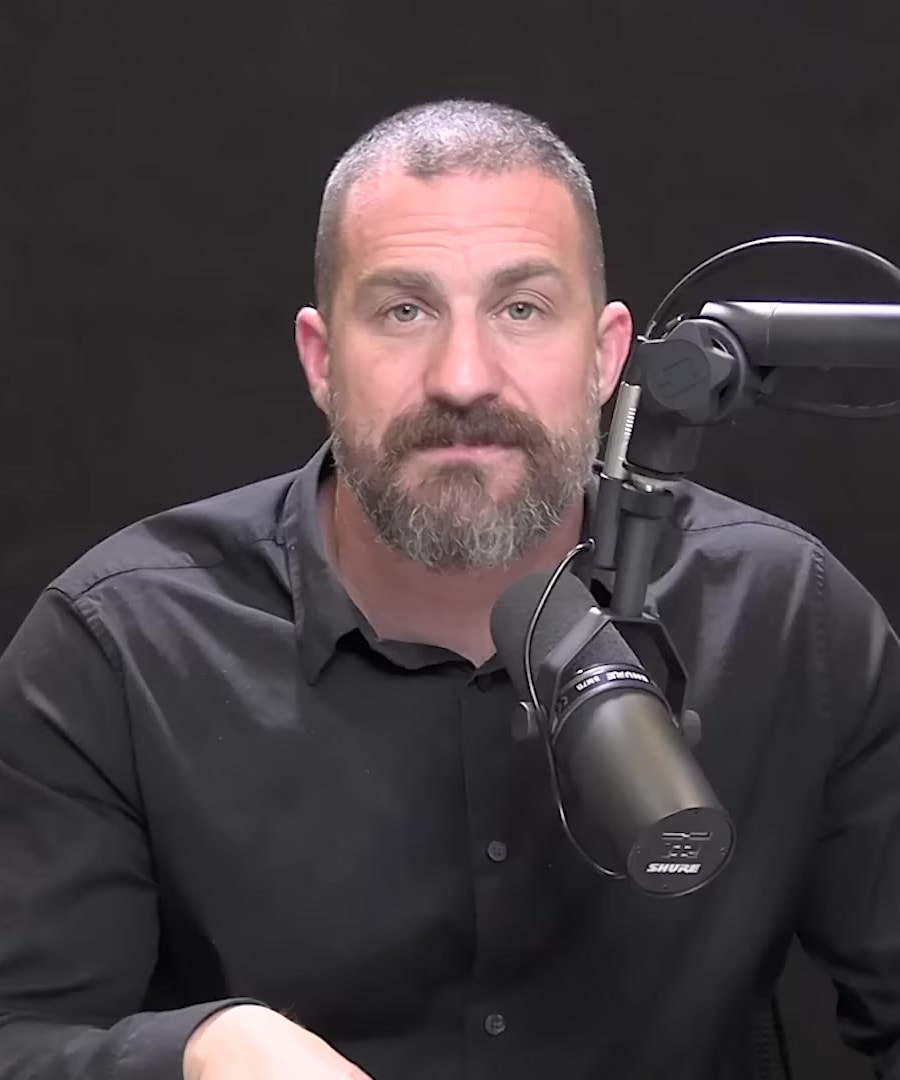Best protocols for reducing anxiety
Sources:
recommends various protocols to reduce anxiety effectively:
-
Physiological Sighs: Engaging in a breathing protocol that consists of repeating physiological sighs for five minutes daily. This technique has shown to improve mood, reduce anxiety, and enhance sleep 1.
-
Exhale-Focused Breathing: Exhale-emphasized breathing can stabilize the heart rate and calm the mind quickly. Double inhale through the nose followed by a long exhale is the fastest technique to slow down the heart and reduce the stress response 2.
-
Hypnosis: Hypnosis can be used for reducing anxiety and improving focus and sleep. The Reveri hypnosis app offers science-backed hypnosis protocols which can guide the brain toward relaxation and a focused state 3.
-
Sauna Protocols: Regular use of sauna or heat exposure can reduce cortisol levels, thereby managing stress associated with anxiety. A protocol of 12-minute exposures to high heat followed by a cool down can significantly lower cortisol 4.
-
Cyclic Hyperventilation: Engaging in cyclic hyperventilation like Wim Hof breathing can increase alertness and energy by releasing epinephrine. However, people with anxiety or prone to panic attacks should approach it cautiously 5.
-
Positive Mental and Physical Writing: Completing a journaling protocol has been shown to reduce symptoms of chronic anxiety. Writing about emotional experiences in a structured manner can lead to significant mental and physical benefits 6.
-
Stress Relief Interventions: Implementing a five-minute daily intervention can alleviate stress. Short bouts of intense stress can undo the effects of chronic stress, reversing the physiological and psychological impacts 7.
-
Lifestyle and Supplementation: Ensuring quality nutrition, regular ample sleep, and maintaining social connections indirectly support the management of anxiety and fear 8.
Please remember that these protocols are based on current scientific understanding and can complement traditional treatments for anxiety. Consulting with a healthcare professional before beginning any new therapy is highly recommended.
RELATED QUESTIONS-
Best protocols for reducing anxiety
- RELATED QUESTIONS
